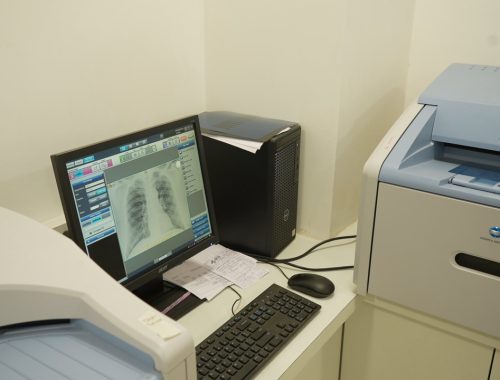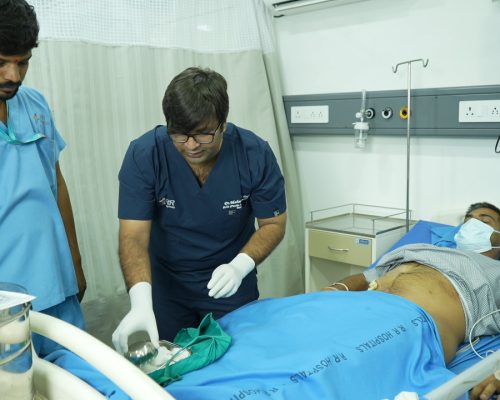

Vascular surgery is a specialized medical field that deals with the diagnosis, treatment, and management of disorders of the circulatory system, which includes arteries, veins, and lymphatic vessels. Vascular surgeons are experts who have undergone extensive training and education in this field, equipping them with the knowledge and skills necessary to provide patients with the highest level of care.
At our hospital, we understand that every patient’s situation is unique, and we approach each case with a personalized treatment plan. Our vascular surgeons work closely with other medical professionals, such as cardiologists, interventional radiologists, and primary care physicians, to provide comprehensive care that is tailored to the individual needs of each patient. Our goal is to help patients achieve optimal health outcomes and improve their quality of life.
Our hospital offers advanced treatments and procedures for various vascular conditions, including surgical and non-surgical options such as endovascular surgery, minimally invasive procedures, and robotic-assisted surgery. These innovative techniques provide many benefits to patients, including faster recovery times, reduced pain, and lower risk of complications. Our state-of-the-art facilities are equipped with the latest technology to ensure that patients receive the highest quality of care.
Our vascular surgeons have extensive experience and expertise in treating a wide range of vascular conditions, and take a patient-centered approach to care. We understand the importance of collaboration with other medical professionals, and work closely with them to provide comprehensive care to our patients. We believe that this collaborative approach is essential to achieving the best possible outcomes for our patients, and are dedicated to helping them achieve optimal health outcomes and improve their quality of life.

Surgical options involve invasive procedures that require incisions, while non-surgical options such as endovascular surgery, minimally invasive procedures, and robotic-assisted surgery, use less invasive techniques with smaller incisions resulting in faster recovery times and lower risk of complications.
Recovery times vary depending on the type of procedure and the patient's overall health. However, with minimally invasive and endovascular techniques, recovery times are typically shorter compared to traditional surgical methods.
Vascular surgeons work closely with other medical professionals such as cardiologists, interventional radiologists, and primary care physicians to develop a personalized treatment plan that is tailored to the individual needs of each patient. They also collaborate on follow-up care and ongoing communication to ensure the best possible outcomes for patients.

“Experience compassionate care and advanced medical treatments at RR Hospitals – where your health is our priority.”
Stay in touch with our news and promotions